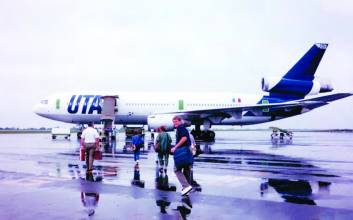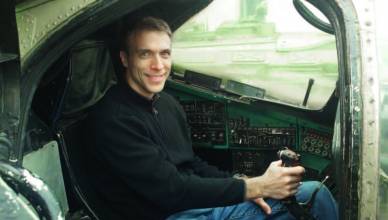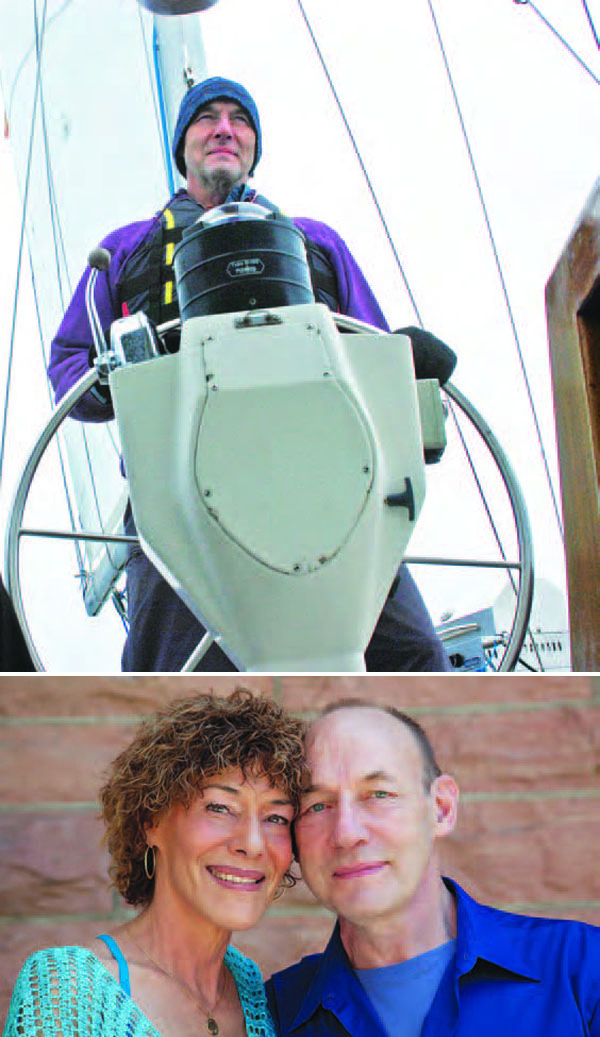 Michel Monnerat’s Favorite Equation
Michel Monnerat’s Favorite EquationMentors
Mentors
“Growing up in Togo, in my final year in high school, my mathematics professor, Mr. Drunet. His way of being precise and rigorous, while at the same time always seeming relaxed, somehow struck me. Later, in France, when I was studying engineering, I had a math professor called Anne Brenac. She gave me the sense of ‘real’ mathematics, taught me the satisfaction of putting together precise and structured reasoning. And then there was my physics professor, Mr. Brebec. He taught me to see the unity of the sciences, the continuity that one can find across disciplines, and the excitement of the quest for this unification. But I was also influenced by my philosophy teacher, who showed me how both mathematics and literacy play a part in the process of reasoning.”
And, Monnerat says he had a remarkable space techniques professor, a certain Philippe Karouby, who is now technical director of the navigation business line at Thales Alenia Space, and, remarkably, Monnerat’s boss!
What popular notions about GNSS are most annoying?
“People talking about ‘big brother’ when they see the incredible LBS positioning performances we can attain, even in indoor environments. Of course, all technologies have their drawbacks, but these people don’t appreciate the efforts being made by the 3GPP standardization group to protect privacy. At the same time, these very positioning performances will enable more efficient E112 and E911 services, ultimately saving lives.”
Favorite equation
The Cramer-Rao boundary of the accuracy provided by a signal, depending on the inverse of the Gabor bandwidth of the signal.
See equation, above right
“This equation is a symbol for me. When I started in GNSS, I used this equation as a central point for all of my analyses.”
As a consumer, what GNSS product, application, or engineering innovation would you most like to see?
“The emergency applications I mentioned before, such as E112 or E911 in the USA. Positioning anytime, everywhere, for saving lives.”
What would you have been if you had not become an engineer?
“I think that if I hadn’t be an engineer, I would have been a teacher. I really like teaching and I do manage to teach my favorite subject — GNSS — part-time in engineering schools.”





